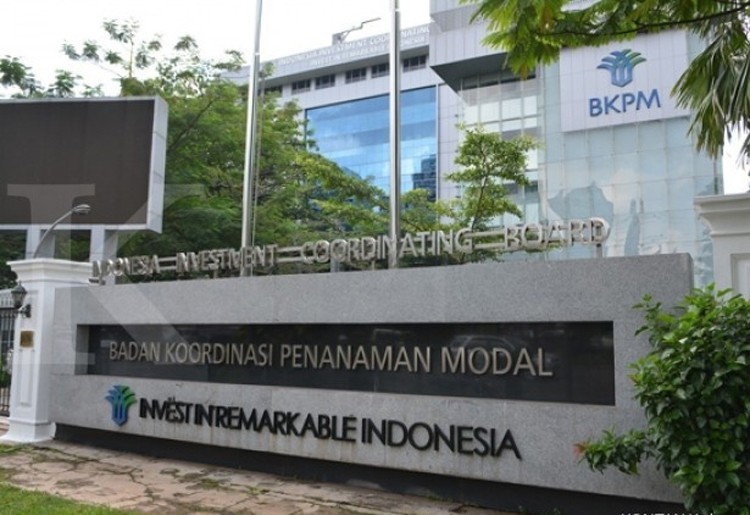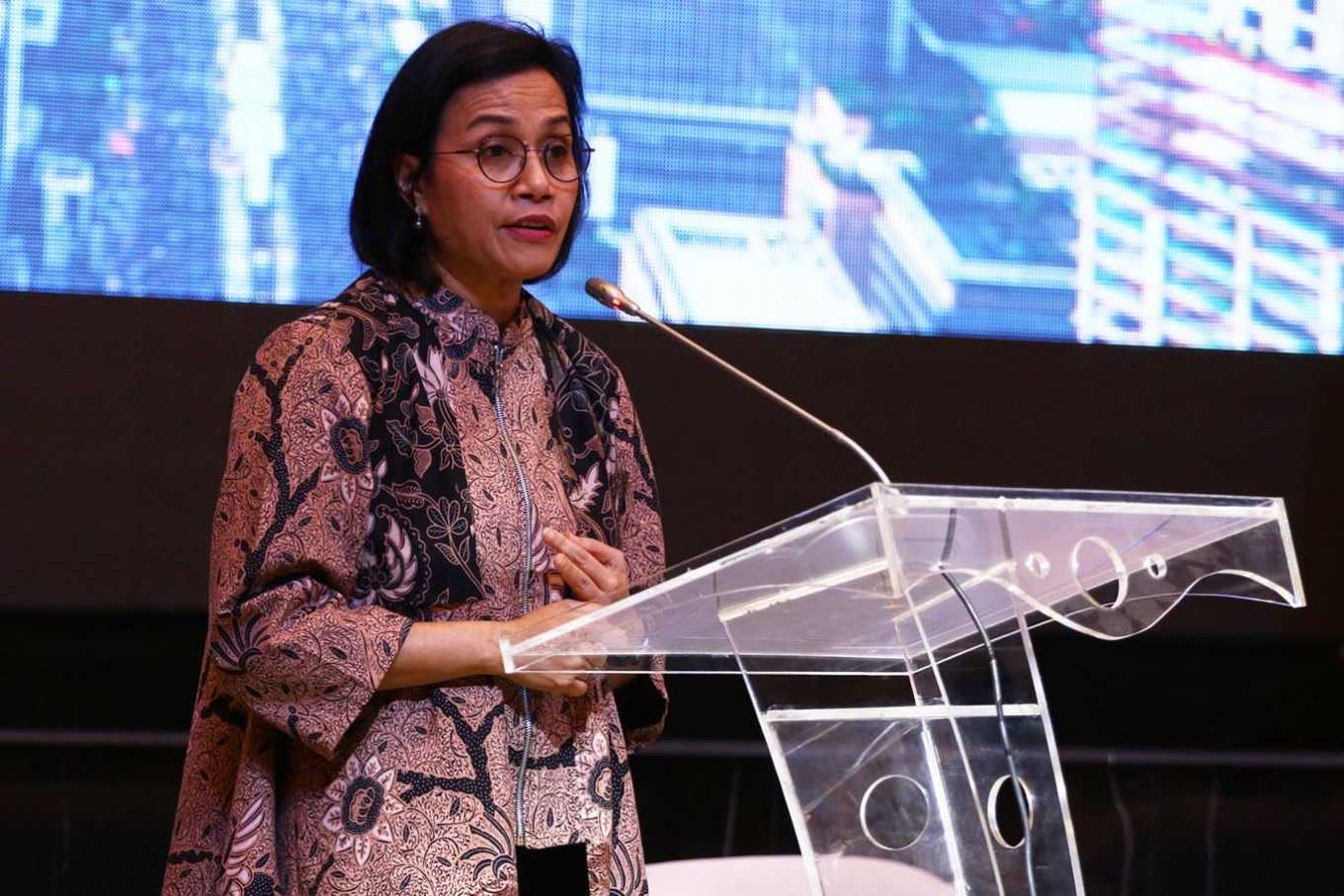Live Streaming
Program Highlight
Company Profile

Ani Hasanah
Higher Education Shifted Dramatically and Should Be More Affordable in the COVID-19 Era
Jakarta (VOI News) - Indonesia’s higher education has new challenges and should be more affordable, as the business model has shifted dramatically due to the COVID-19 outbreak. CEO of Government School and Public Policy (SGPP) Ony A Jamhari told Voice of Indonesia on Monday Juni 15, that the biggest challenge for this year will be recruiting students. Many potential students, local and international might not apply or postpone their study, as they will focus on their work. At the same time SGPP will shift the teaching learning activities into online programs.
“Yes, more universities in Indonesia are offering online classes/courses. Definitely it will change the business model, from conventional school to the new online school. I think education will be getting cheaper in the future, and there will be more people who can get access to education,” said Onny A. Jamhari.
Jamhari said at least in the next two year they will anticipate this uncertainty period.
“We have to prepare ourselves, not only the human capital that can engage with the technology, but also capital that is “money” that should be allocated wisely in the digital technology. In the next two years, those who can adapt will survive,” he added.
SGPP is the first Indonesian public policy school to offer a full time master’s program in English, inline with the practice and standard of international policy education. Founded in 2012, the students come from various backgrounds such as government officers, public sector, private sector, national and international NGO. (VOI/Antin/Edt.N)
June

Head office of the Investment Coordinating Board (BKPM) in Jakarta (kontan.co.id/Achmad Fauzi)
Indonesia is expecting investment from American, Japanese and South Korean firms seeking to relocate their factories out of China and set up manufacturing, furniture and electronics businesses in the country as it begins reopening. Investment Coordinating Board (BKPM) spokeswoman Tina Talisa, the firms are looking to invest in either of two industrial estate under development in Central Java - one in Batang, the other in Brebes. The agency’s head, Bahlil Lahadalia, said recently that a South Korean manufacturer would join the country’s battery industry with estimated investment of US$1.6 billion. American firms would invest in the manufacturing sector, the furniture business and electronics industries. Japanese manufacturers would also invest in the electronics industry. Bahlil Lahadalia, the agency keeps promoting Indonesia to attract new investment. (Jakpost)
June
 Finance Minister Sri Mulyani Indrawati said Tuesday the government was only requiring internet companies to pay VAT on sales of digital products and services starting July 1, adding that the companies would only have to act as “tax collector” as consumers would have to pay for the taxes. (Antara/Rivan Awal Lingga)
Finance Minister Sri Mulyani Indrawati said Tuesday the government was only requiring internet companies to pay VAT on sales of digital products and services starting July 1, adding that the companies would only have to act as “tax collector” as consumers would have to pay for the taxes. (Antara/Rivan Awal Lingga)
The Indonesian government will press ahead with collecting digital tax despite a recent announcement by the United States Trade Representatives (USTR) to investigate such a policy, which the US said was aimed squarely at its technology giants. Finance Minister Sri Mulyani Indrawati said Tuesday the government was only requiring internet companies to pay value-added tax (VAT) on sales of digital products and services starting July 1. The minister added that the companies would only have to act as “tax collector” as consumers would have to pay for the taxes. The government has been struggling to collect more revenues to fund its cash-strapped budget as the COVID-19 pandemic hits almost all business sectors. Law No. 2/2020 stipulates that the government is able to charge VAT on taxable intangible goods and/or services sold through e-commerce platforms and charge income tax or electronic transaction tax on e-commerce operated by foreign individuals or digital companies that have a significant economic presence. The significant economic presence will be determined through the companies’ gross circulated product, sales and/or active users in Indonesia. (Jakpost)
Indonesian Embassy in Hanoi Promotes Indonesia-Vietnam Relations Amidst COVID-19 Pandemic
The Indonesian Embassy in Hanoi, Vietnam, continuously carries out its task of promoting bilateral relations between Indonesia and Vietnam in the midst of the COVID-19 pandemic experienced by a number of countries in the world. If earlier before the pandemic, the activities of promoting relations between the two countries were carried out by the Indonesian Embassy in Hanoi supported by institutions or ministries and related parties, this time the Indonesian Embassy is carrying out its task on its own with the assistance of the Indonesian people in Vietnam. It was stated by the Indonesian Ambassador to Vietnam, Ibnu Hadi, when contacted by Voice of Indonesia in Jakarta by telephone on Monday (6/15). Ibnu Hadi said, this was done because at present there have not been any delegates and people visiting Vietnam.
"If in the economy and business, we facilitate, for example there are Indonesian companies who want to export their products or marine products, we try to help them online, of course. And also there are Vietnamese companies who want to export some PPE, medical devices to Indonesia, so we look for partners. So we try many efforts even though it is limited, because there are no delegates coming to Vietnam, no one visit here," said Ibnu Hadi.
In addition to promoting relations in the economic and business fields, the Indonesian Embassy in Hanoi also actively promotes Indonesian cuisine, language and culture in Vietnam. Ambassador Ibnu Hadi said that the Indonesian Embassy in Hanoi often holds Indonesian food cooking courses, Indonesian language courses and introduces Indonesian musical instruments to the people of Vietnam. (VOI / AHM)



